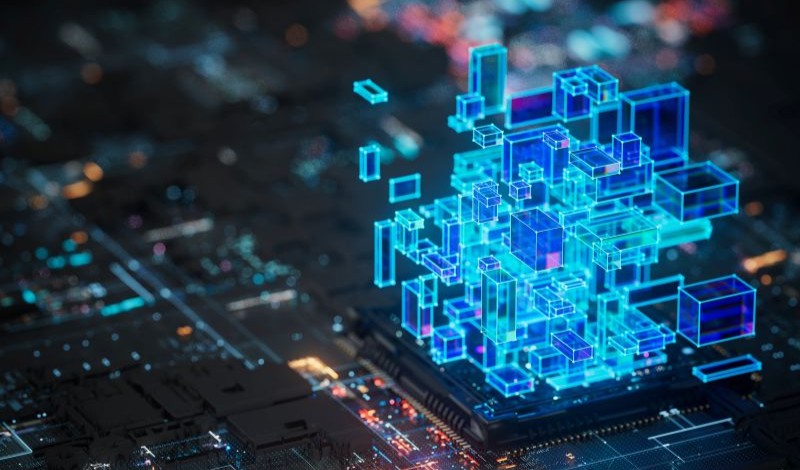The United States has taken a significant step in regulating artificial intelligence (AI) by introducing export controls. This new approach marks a shift from the previously unregulated nature of cyberspace to a more controlled environment, especially for technologies with international implications. These measures aim to safeguard national security and ensure that critical AI advancements do not fall into the wrong hands.

Protecting Innovation and Security
The new export controls focus on restricting the transfer of advanced AI technologies to foreign entities. This strategy protects sensitive innovations and helps the US maintain its competitive edge in the global tech race. By implementing these controls, the government signals its intent to balance technological progress with national security concerns.
Impacts on Businesses and Global Relations
Companies involved in AI development must now navigate stricter compliance requirements when dealing with international partners. These regulations could reshape global technology markets and alter existing supply chains. As AI continues to influence various sectors, staying informed about these regulatory changes becomes crucial for both tech professionals and policymakers.
Sources: Source